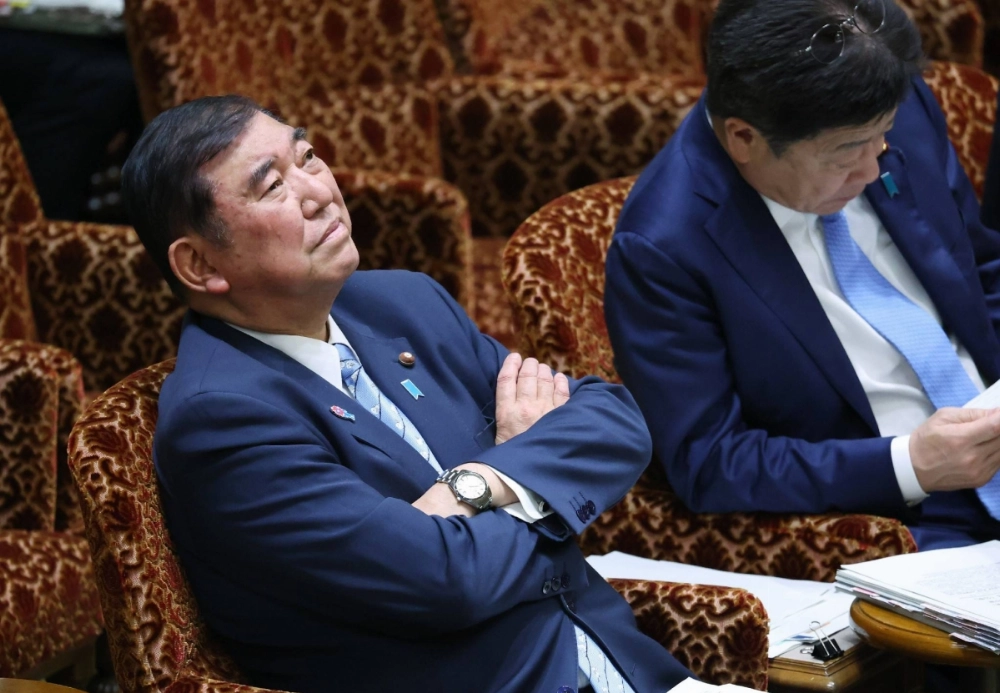It’s a big surprise that Prime Minister Shigeru Ishiba is revising the fiscal 2025 budget a second time in the Upper House, given that such a second revision is unprecedented in Japan’s history and that his government holds a comfortable majority in the Upper House.
The rare move shows the government is vulnerable not only to external pressure from the opposition in the Lower House, but also to lawmakers from within his own coalition in the Upper House.
Internal backlash against the government peaked when Junichi Ishii, the LDP’s Diet affairs chief in the Upper House, accepted a request from the opposition to summon Hiromi Todoroki, Chairwoman of the Japan Federation of Cancer Patients Groups, to deliver testimony at the Upper House Budget Committee.


















With your current subscription plan you can comment on stories. However, before writing your first comment, please create a display name in the Profile section of your subscriber account page.